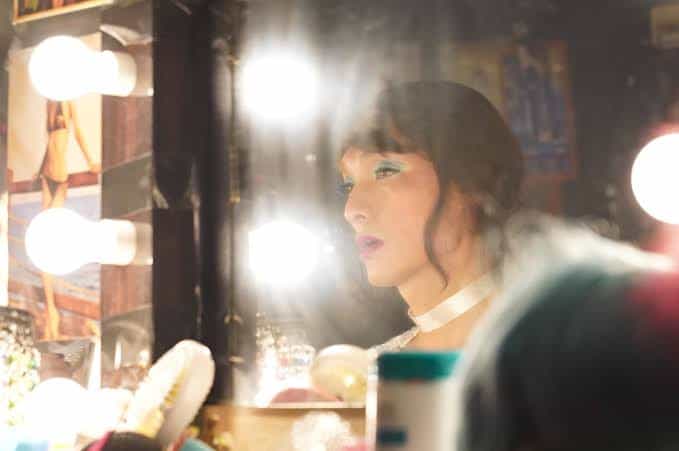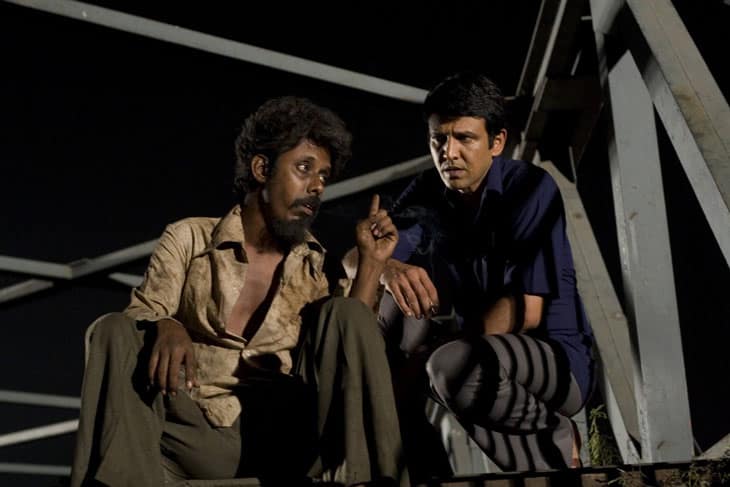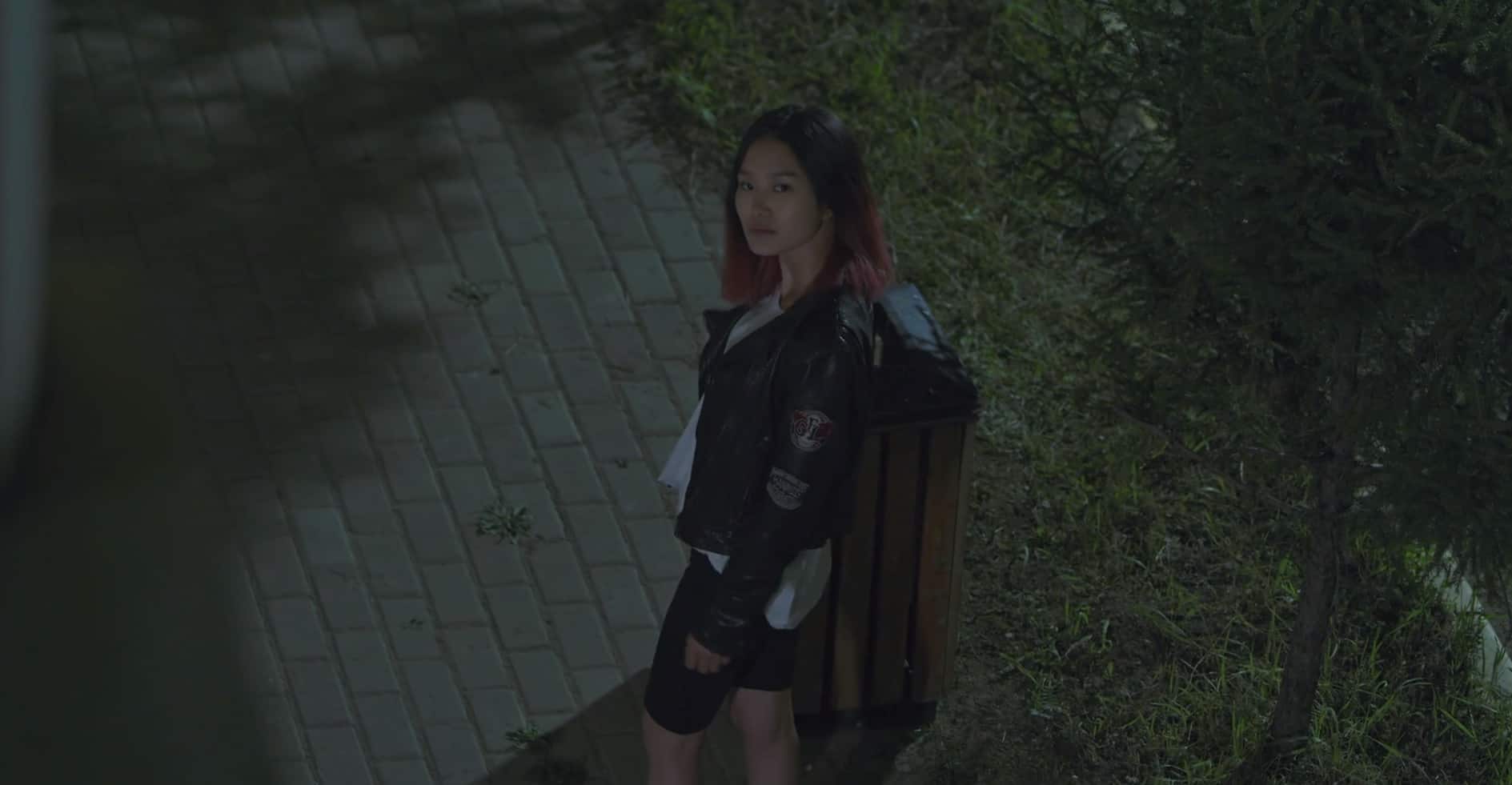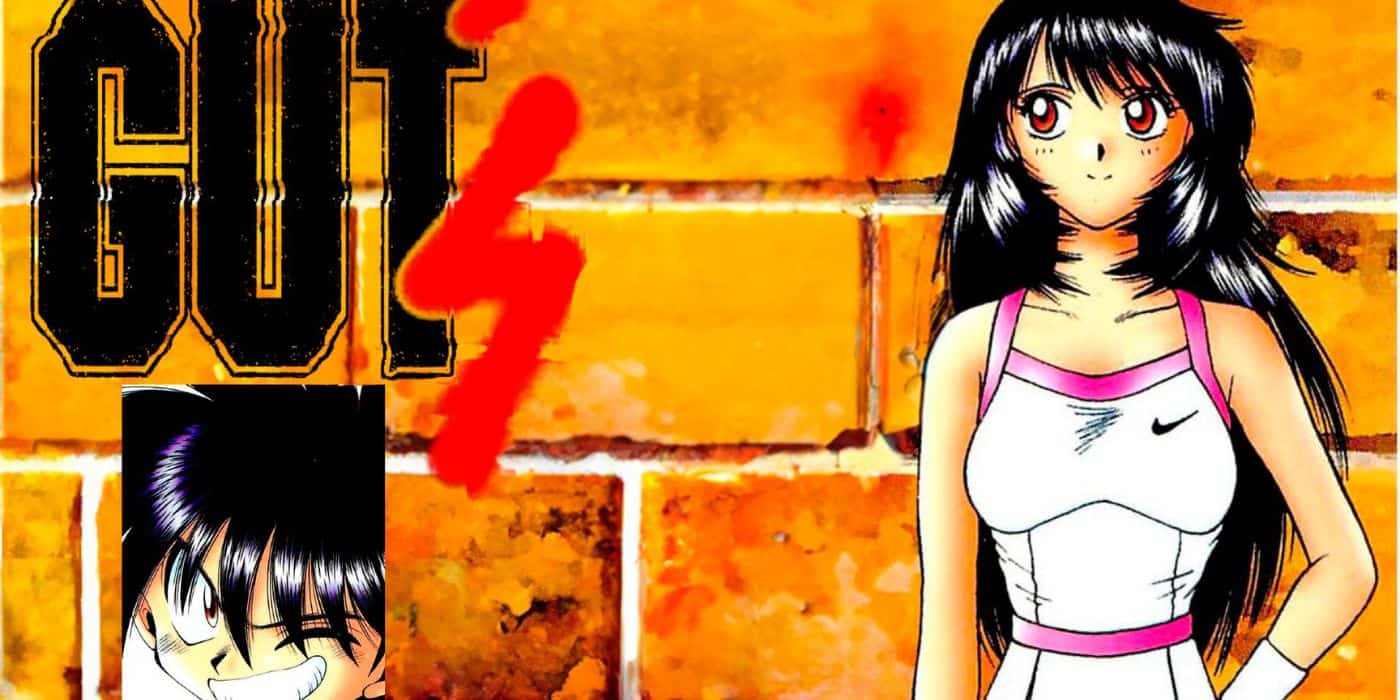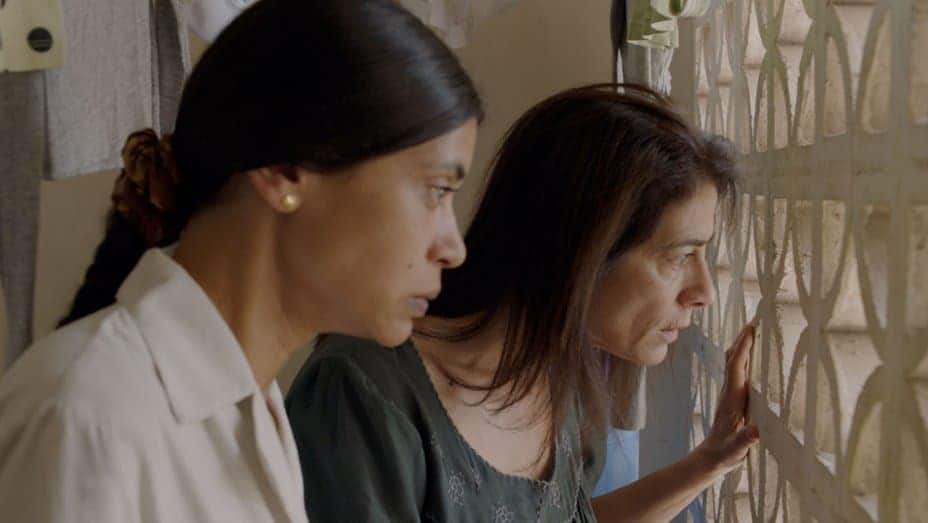Winner for Best Film and Best Actor awards from the Japanese Academy, as much as the Audience Award from Udine in 2021, “Midnight Swan” is a film that essentially establishes Eiji Uchida on the top level of local cinema, and an excellent drama that works on a number of levels.
“Midnight Swan” is screening at Toronto Japanese Film Festival

Nagisa is a transgender on the process of a sex change operation, who grew up in Hiroshima as a man but now lives in Shinjuku as a woman, working in a night club as a dancer. Due to an accident, she begins to live with middle school student Ichika, a distant relative, who has been suffering from neglect from her alcoholic mother Saori for years, to the point that she barely utters two words to anyone. The cohabitation is as difficult as possible, with Nagisa making no effort to hide that she does not really want the girl there, who also has to face the change of the school environment, not to mention the consequences of being enrolled by a transgender. The reappearance of an old friend, and restarting her ballet lessons in a local school make things a bit better for her, but the money required for tuition lead her to the paths of idols, with the worse outcome. Gradually, however, Nagisa begins to warm up to the girl, and maternal issues start waking up in her.
Eiji Uchida directs a very sensitive family drama, in a style that somewhat reminds of Naoko Ogigami's “Close-Knit”, but moves much further away, particularly regarding its contextual depth. The whole concept of being in transgender in Japan is the base here, with the humiliation and the medical issues Nagisa has to suffer being quite pointy in their presentation, in a fashion that highlights how difficult living this kind of life is, particularly for people who are poor and have no particular talent, in a rather pragmatistic view on the subject.

The issues children face due to bad parenting, and subsequently the whole concept of which people should/could become parents is presented through its consequences on Saori, who, due to the absence of a father and the behavior of her mother ends up being almost catatonic in her interactions with others, not to mention occasionally violent. The choices she makes in her effort to get money to continue her ballet lessons also showcase the lack of parenting in her life and its repercussions, while also making a remark on the despicability the concept of idols can reach on occasion.
That the two protagonists find answers to their intense issues from each other emerges as one of the best aspects of the narrative, with Nagisa experiencing motherhood in a way that shows to her an aspect of womanhood beyond physical appearance and type of genitalia, and Ichika having a true parent, who is actually willing to self-sacrifice for her child. The way the story brings us to this point is truly excellent, and essentially the best part of the whole narrative, highlighting Uchida's work in both script and direction. Particularly the way the two protagonists change through their interactions with both each other and the world is a wonder to watch, also benefiting the most by the acting, with Tsuyoshi Kusanagi being constantly vocal about his frustration as Nagisa and Misaki Hattori constantly silent about hers as Ichika, in an antithesis that also works excellently. That Ichika shines and essentially expresses herself through ballet is another great aspect, with the moments her dancing serves as a way of communication between her and Nagisa, and essentially the outside world, being among the best in the movie, at least in visual terms. In that regard, Maki Ito's cinematography as much as Keiichiro Shibuya's music and Seiko Kawamoto's costume design find their apogee in these scenes, with the one in the night club and the one in the competition highlighting the fact in the most eloquent fashion.
Also interesting here is the way Uchida deals with Ichika's mother, who starts as a kind of the villain of the story, but proves to be rather different after the fighting scene, which is the most dramatic in the whole movie. Lastly, the presence of the ballet teacher, as a kind of mentor is also exemplified here, with Asami Mizukawa's performance in the role being among the most pleasant aspects of the title.

Some issues with the narrative do exist though. For starters, there are a number of arcs that seem somewhat disconnected or very briefly explored in the story, with the lesbian aspect and the ballet antagonism being the most evident. Furthermore, the omnipresent fault of Japanese movies, with directors continuing the film even after it is obvious that it should have ended, is here too, with the almost obligatory beach scene appearing once more. Furthermore, the aftermath of the operation goes a bit too far in dramatic terms, bordering on the melodrama in a series of essentially unnecessary scenes. Yuichi Iwakiri's editing in general is good, particularly regarding the very fitting mid-tempo, but some trimming would definitely benefit the movie in the end.
Despite these issues, which seem to be present in the majority of Japanese titles nowadays, “Midnight Swan” is a very rewarding movie, both due to the story and its comments, and one of the best local dramas we have seen recently.


